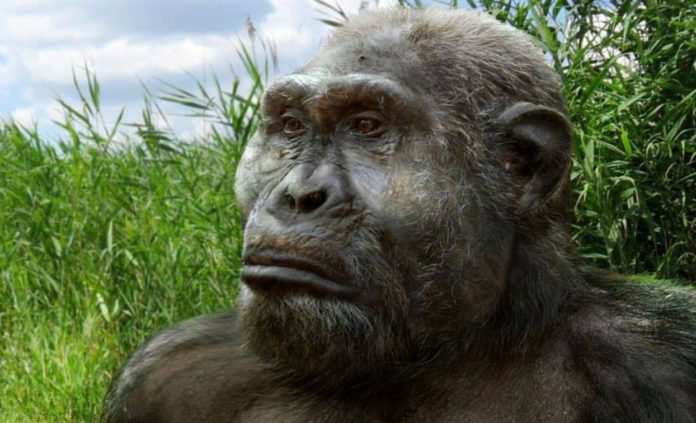The discovery of a parallel species, Paranthropus robustus, which formed simultaneously with the first representatives of the genus Homo, allowed us to take a look at our own evolution.
Paranthropus robustus, who lived from 2.5 million to 900 thousand years ago, is not the direct ancestor of the genus Homo (People) but is considered a descendant of the Afar Australopithecus, which belong to our ancestors. The paths of paranthropes and Homo parted ways about 2.9 million years ago. And two million years ago, climate change occurred in South Africa, which led to anatomical changes in both Homo and paranthropes.
An international team of scientists has reported a well-preserved fossil of Paranthropus robustus found in the Drimolen cave system (South Africa). Scientists knew that the appearance of paranthropes and early Homo roughly coincided with the disappearance of Australopithecus. Moreover, the transition from the latter to the former occurred very quickly by historical standards – perhaps in just a few tens of thousands of years.
Previously, scientists believed that the extinction of the Australopithecines was caused by climate change, which became uncomfortable for them, but favorable for the paranthropes and early Homo. As the new find of a sexually mature male skull showed (identified as DNH 155, dating from 2.04 to 1.95 million years ago), things appeared to be different and the environmental conditions were stressful for Paranthropus as well. This is shown by the anatomical changes of the latter, discovered by studying DNH 155.
Usually, such changes are very large and can be traced at the species level, but micro-changes with the help of the paleoanthropological chronicle are difficult to see for the simple reason that it is incomplete. An international team of researchers examining the newly found remains of the paranthropus revealed these small differences.
According to scientists, they cannot be attributed to sexual dimorphism (the difference between males and females), because the fossils found in other places were different in sex. They believe that the difference in the external structure of the skeleton is probably at the population level between sites or small intervals of time.
Thus, the fossils of the Paranthropus – new and previously studied – show that over 200 thousand years these creatures have undergone significant changes in the structure of their jaws and teeth. Paranthropus followed the path of increasing the jaw apparatus, and early Homo, on the contrary, decreasing the jaws and enlarging the brain.
This shows how different but closely related species have adapted to the same environmental conditions. Interestingly, in those days, Paranthropus robustus was a more common species than our Homo ancestors, and therefore more successful. But then something went wrong – and Paranthropus, like numerous other parallel species of Homo, disappeared.
